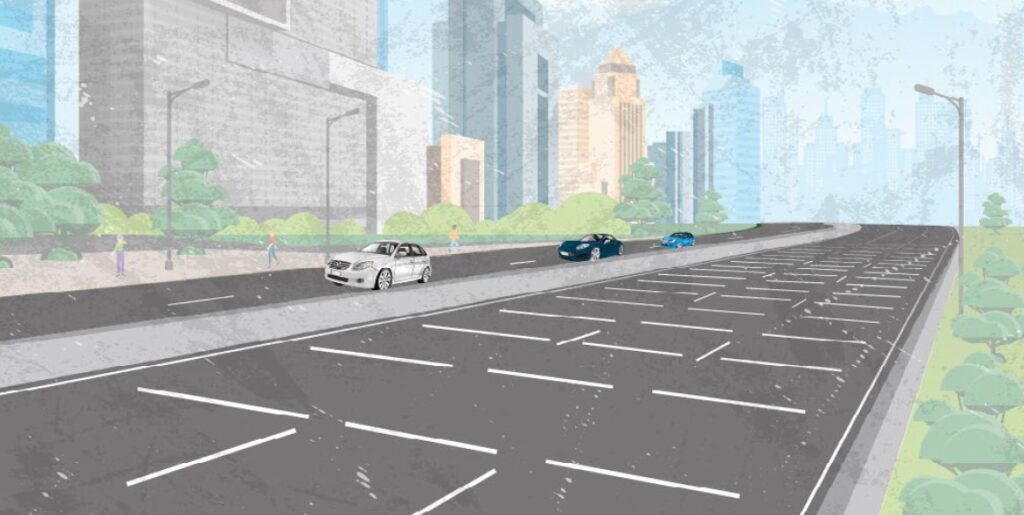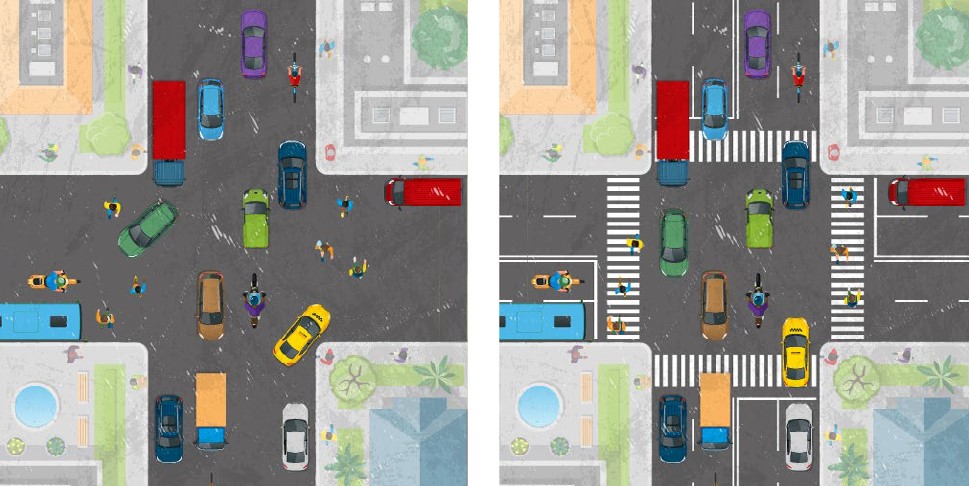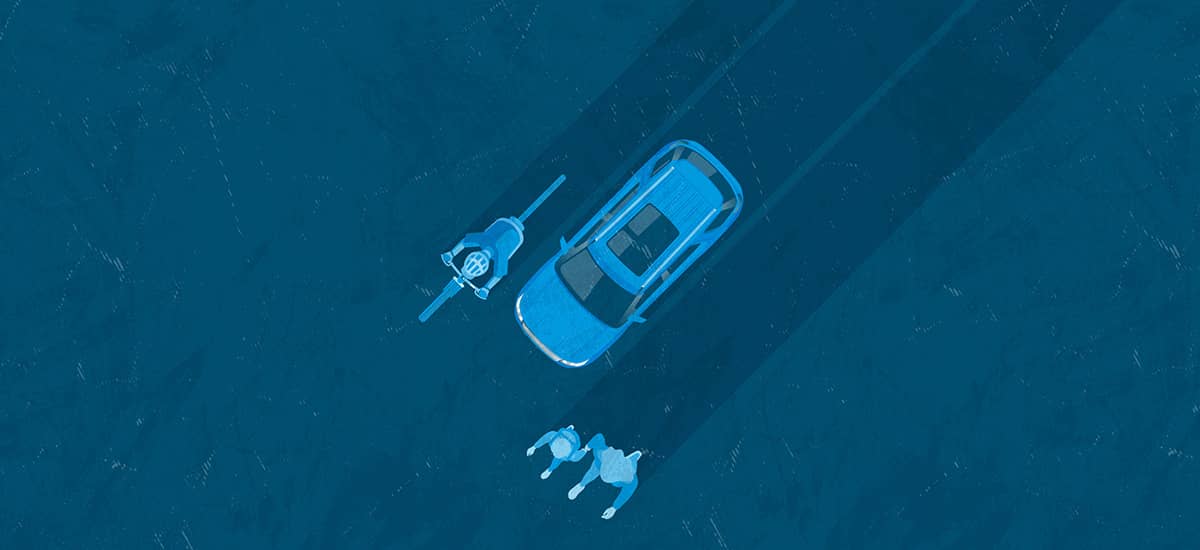
We speed and drive aggressively out of overconfidence, and we disregard commonsense safety measures from too much optimism. We may even use a mobile phone while driving, preferring the short-term convenience of using the phone over greater long-term rewards like safety. We engage, in other words, in time discounting, the tendency to assign a lower value to future rewards than present ones.
All people suffer from cognitive biases, that while not deliberate or conscious, stem from the way their brains process information. But cognitive biases, like overconfidence bias; optimism bias; and time discounting—among many others identified by behavioral economics—can have serious ramifications, not least in Latin America and the Caribbean, which has some of the highest traffic mortality rates in the world.
An Epidemic of Road Fatalities and Injuries
Each year around 110,000 people die and more than five million are injured in road crashes in the region in an epidemic that reverberates through health care systems, labor markets and the rest of the social fabric. Traffic accidents are the leading cause of death for children between the ages of five and 14 and the second leading cause for young adults. They also lead to an enormous loss of productive capacity—from three to five percent of the region’s gross domestic product—while especially affecting the poor, who often lack the resources to protect themselves, recover from injuries, or receive proper compensation and health care.
Applying behavioral economics tools to understand the psychological factors that influence road behavior and tailoring beneficial interventions could not be more urgent. This is why we at the IDB have released a new report on road safety and behavioral economics intended to promote more responsible habits, improve enforcement and road design, and integrate emerging technologies through examples of successful interventions in our region and the developed world. It is an effort we are confident can help save lives and benefit society at large.
Simple Interventions from Behavioral Economics
Many interventions are relatively simple. In Chicago, for example, the city’s department of transportation painted transverse bars that moved closer to each other as drivers approached a curve, making them think they were going faster than they actually were. This caused them to reduce speed and lowered the rate of accidents at the curve which had previously been a hotspot for crashes. Other types of painted road markings that create the optical illusion of narrowing lanes or speed bumps have also been shown to influence drivers and cyclists to drive more safely.

In Cochabamba, Bolivia, artificial intelligence (AI) was used to conduct a before and after analysis of the impact of crosswalks and pavement markings at a four-lane intersection without signage. The results showed that the low-cost measure of painting large, conspicuous zebra stripes could nudge drivers to slower speeds. For its part, the IDB teamed up with the International Road Assessment Program (iRAP), an international charity, to use AI, and specifically computer vision, to revolutionize the analysis of safety features on roads. By integrating this knowledge together with behavioral science, we can increase our understanding and influence over the behavior of pedestrians, cyclists and drivers, ultimately reducing accidents.

In the United States, a mass media campaign on radio and television in Washington State that warned of stepped-up enforcement and high traffic fatalities from the failure to use seat belts caused fatalities to drop significantly. A mass media campaign in Uruguay to change social norms and encourage the use of car seats for young children also proved successful, inducing a decrease in the percentage of children in Montevideo traveling without car seats by 6.4 percentage points.
Comprehensive Solutions for Road Safety
Many accidents in our region—and the world as a whole—are caused by unsafe behaviors such as distracted driving, speeding, and impairment from alcohol and drugs. Serious injuries also result from negative social norms, such as those that neglect the need for car seats for children or helmets for motorcyclists. Our report seeks to combat these behaviors and the psychological biases underpinning them to prevent tragedy and promote social welfare. Educational awareness, nudges, legislation, enforcement and feedback and monitoring are part of the comprehensive kit we discuss and evaluate with the goal of encouraging safer driving habits, improving compliance with traffic rules, and reducing risky behaviors.


Leave a Reply